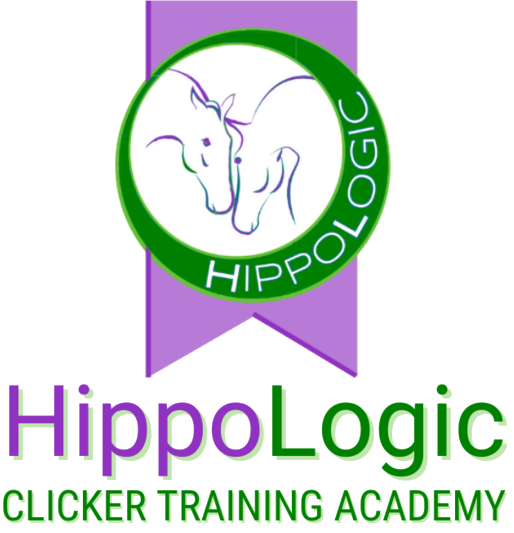Day 1 Discover your Training Habits
Introduction
This 5 day challenge takes 5 days to complete. You can do “Introduction’ and ‘Day 1’ on the first day.
Tomorrow opens ‘Day 2 for you. On day 3 you get access to the 3rd day of this 5-day Challenge and so on.
Please come back daily to complete your Challenge and take the time to do the exercises. !Only Action leads to Accomplishments!
Questions
How often do you train? Do you think you spent too little time on training?
Do you think you should train more often to get better results?
How long do you think you ‘should‘ train? How often? Are you aware of these assumptions? Are they true?
In all training it’s very important that your reinforcers work well. If you use negative reinforcement you want your horse to anticipate or react on the aversive (usually pressure). Easy to see if it works of not (yield).
How about positive reinforcers: appetitives?
How do you measure their working? Do you know what appetitives reinforce your horse? Are they high value (your horse really, really wants them and is prepared do make great effort) or are they low in value (your horse still wants to work for them, but will not do just anything for this particular one). How do you know if your reinforcers work?
What have you trained your horse to do? How much does your horse really know already? Let’s take a look and find out!
Go ahead with Day 1!
Welcome to day 1 of the 5-day Clicker Trainers Challenge.
The purpose of this Challenge is awareness.
If you become aware of your habits you’ll be able to make a decision if you need to change you habit so you can improve or keep the habit because it’s a good habit.
Becoming aware of your process is intertwined with the 4 stages of competence:
The four stages are:
- Unconscious incompetence
You don’t understand or know how to do something and don’t not necessarily recognize the deficit. You might deny the usefulness of the skill. Innocence bliss.
You must recognize your own incompetence, and the value of the new skill, before moving on to the next stage.
The length of time an individual spends in this stage depends on the strength of the stimulus to learn.
2. Conscious incompetence
Though you don’t understand or know how to do something, you recognize the deficit, as well as the value of a new skill in addressing the deficit.
The making of mistakes can be integral to the learning process at this stage.
This stage might feel awkward. This is where you feel you step out of your comfort zone. This is the stage you need to be in so you can decide to improve!
Remember, making mistakes is just a stepping stone to success.
It can help you call your mistakes learning points from now on. This focuses on the importance of these lessons.
3. Conscious competence
You understand or know how to do something. However, demonstrating the skill or knowledge requires concentration. It may be broken down into steps, and there is heavy conscious involvement in executing the new skill.
You know you can do it, and you’re doing it. This stage feels great after the previous stage!
4. Unconscious competence
You had so much practice with a skill that it has become ‘second nature’ and can be performed easily. As a result, the skill can be performed while executing another task. You may be able to teach it to others, depending upon how and when it was learned.
In this stage you it can feel that you still don’t know enough, because the things you already can do very well are unconscious. In other words you developed great habits and it doesn’t cost you any effort to think about it.
This is the stage you want to be in and this is the stage I want to help you accomplish in your clicker training. Let’s get started!
